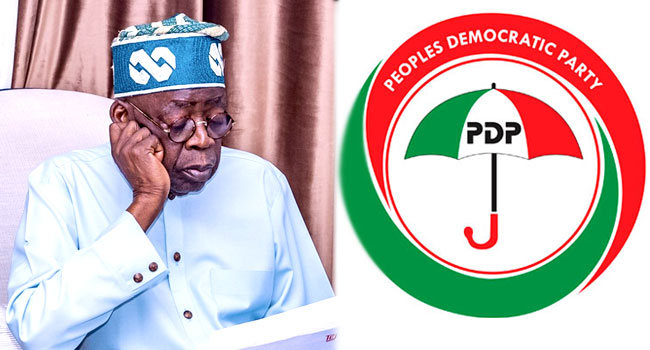Dangote Refinery Dumps marketers, Begins Direct Supply Of Petrol, Diesel To Heavy Users
Dangote Refinery has announced the commencement of direct distribution of Premium Motor Spirit (petrol) and Automotive Gas Oil (diesel) to major consumers, including manufacturers, telecom companies, the aviation sector, and other large-scale users.
In a statement posted on its official X account on Sunday, the 650,000 barrels-per-day facility revealed that the initiative will take effect from August 15, 2025.
As a result, Dangote Refinery will bypass traditional petroleum product marketers, taking over direct supply to bulk consumers.
The refinery also stated that logistics costs would be waived, a move aimed at strengthening the distribution network.
“Dangote Petroleum Refinery is pleased to announce the commencement of a significant national initiative designed to transform Nigeria’s fuel distribution landscape. Effective 15th of August 2025, the refinery will begin the distribution of premium motor spirit (PMS) and diesel to marketers, petrol dealers, manufacturers, telecom firms, aviation, and other large users across the country, with free logistics to boost the distribution network.
“To ensure smooth take-off of this scheme, Dangote Refinery has invested in the procurement of 4,000 brand-new compressed natural gas (CNG)-powered tankers. This phase of the program will continue over an extended timeframe. The refinery is also investing in compressed natural gas (CNG) stations, commonly referred to as daughter booster stations, supported by a fleet of over 100 CNG tankers across the country to ensure seamless product distribution.
“This strategic program is part of our broader commitment to eliminating logistics costs, enhancing energy efficiency, promoting sustainability, and supporting Nigeria’s economic development. It affirms our dedication to improving the availability and affordability of fuel in support of broader efforts to strengthen the economy and improve the well-being of all Nigerians,” the statement said.
It added, “Under this initiative, all petrol stations purchasing PMS and diesel from the Dangote Petroleum Refinery will benefit from this enhanced logistics support.
“Key sectors such as manufacturing, telecommunications, and others will also gain from this transformative initiative, as reduced fuel costs will contribute to lower production costs, reduced inflation, and fostered economic growth. Players in these key sectors and others can purchase directly from the Dangote Petroleum Refinery.
“In addition, the refinery will offer a credit facility to those purchasing a minimum of 500,000 liters—allowing them to obtain an additional 500,000 liters on credit for two weeks, under bank guarantee.
“This pioneering effort marks a major milestone in our vision to revolutionize Nigeria’s energy sector. Dangote Refinery is dedicated to ensuring that no place is left behind. Our goal is to provide equitable access to affordable fuel for all Nigerians, regardless of location, making energy more accessible and sustainable for everyone, wherever they may be.
“It is expected to revitalize previously inactive petrol stations, thereby driving job creation, stimulating small and medium-sized enterprises (SMEs), increasing government revenue, improving fuel access in rural and underserved communities, and strengthening investor confidence in Nigeria’s downstream petroleum sector.
“This initiative is in line with the Renewed Hope Agenda of His Excellency, President Bola Ahmed Tinubu, reflecting our shared commitment to economic progress, stability, and inclusive development.
“We sincerely thank the Federal Government for its continued support, especially through the Naira-for-Crude scheme, which has helped stabilize fuel supply amid global price volatility. It marks a major revolution in the midstream and downstream sectors and stands as a key example of President Bola Tinubu’s bold and reformative economic policies.”
Prior to this initiative by Dangote Refinery, filling station partners such as MRS, Optima, AP Ardova, and others lifted PMS and diesel from the refinery to end users.
6/16/2025, 7:37:55 AM
views 13360
4147







